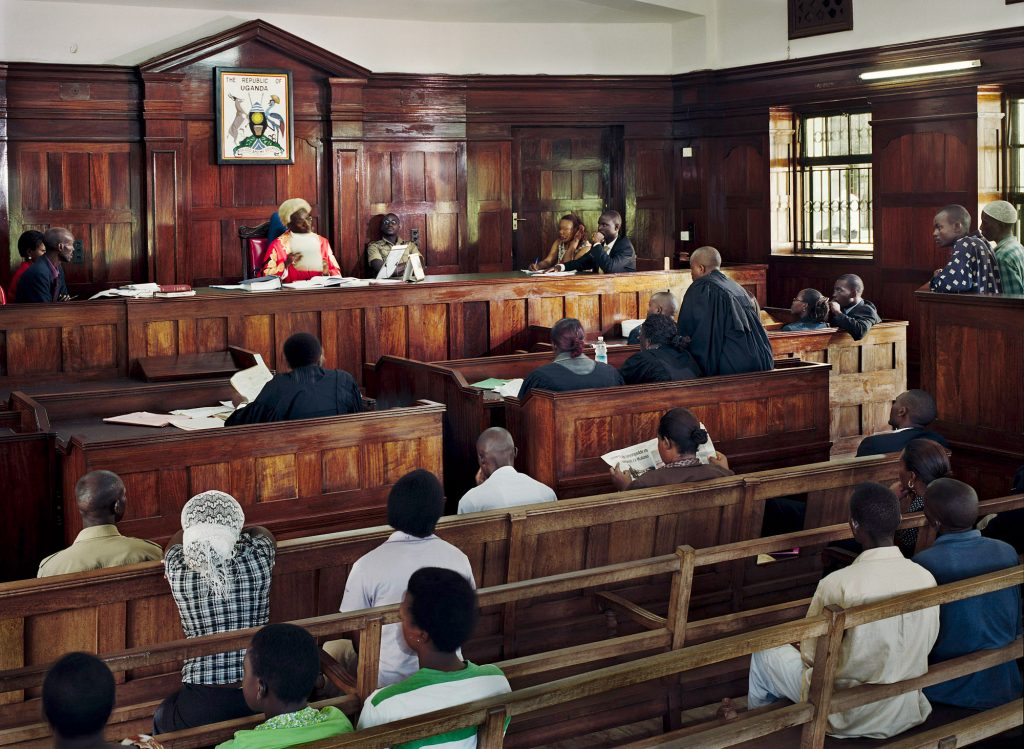
It raises questions such as: how do we deal with criminals? What is the relationship between punishment and crime? Is confinement, besides being an instrument of punishment, also effective as a means of correction?
The choice of the four countries was made in consultation with the Max Planck Institute for Foreign and International Criminal Law (MPI) in Freiburg, Germany, a scientific institute respected worldwide. Criteria were – besides being able to gain access – the diversity of legal systems (civil law and common law), the murder rate and a division between developed and developing countries.
The police and the judiciary come up frequently in the public debate and are a favorite subject for populist politics. There is rarely sympathy for criminals and politicians’ arguments for harsher penalties “because this cannot continue” find a receptive ear with large parts of the population in many countries. However, statistics show that developments in the field of serious crime are not necessarily unfavorable: murder and violent crimes in large parts of Europe are declining steadily over the past decade or two – and even longer in the US.
Law&Order received the Social Documentary Network (SDN) Award in 2016 and was on the shortlist for the World Report Award of the Festival della Fotografie Etica 2016.
“The pictures are a triumph. Cold critical views are followed by generous people studies. Sometimes subjects seem unaware of Banning’s presence and other times their stares meet the camera directly. There’s never a feeling like we’re in places we shouldn’t be though. Banning humanises his subjects and celebrates their routines. Often it might only be their routines that get them through.”
“Taken together, the photographs present a thought-provoking meditation on the state of incarceration, and challenge prejudices and preconceptions about the various countries. Some of Banning’s photographs are explicit about their location: earth-toned walls and mats on the floor signify Uganda, and a small wall-mounted TV projecting an image of the Capitol Building denotes America. But other scenes are deliberately ambiguous, and leave space to consider the universal experience of incarceration.”
Special thanks to the Max Planck Institute for Foreign and International Criminal Law in Freiburg (Germany); to Liduine Zumpolle (Colombia); to Eric Vaillant (France); to the Dutch embassy (Uganda); and to Jennifer King (USA).